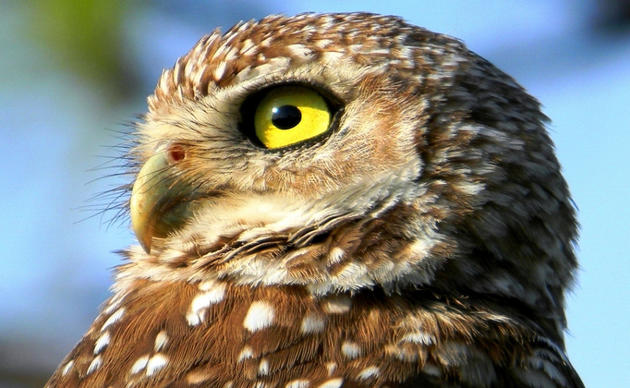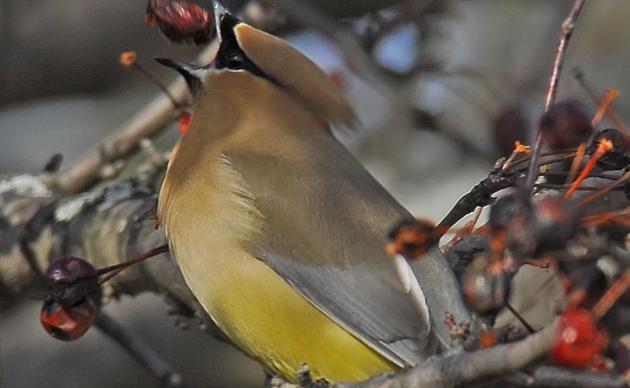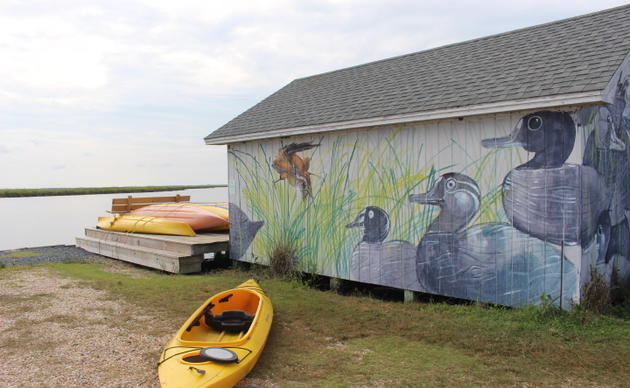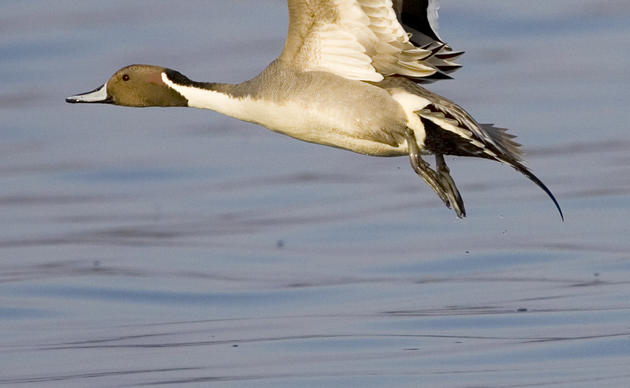Citizen Science
You don't have to be a researcher to support bird conservation across our state. You just have to like birds! Whether you are hiking through an Important Bird Area, watching from your back porch or enjoying a day at the beach, there are so many opportunities to not only enjoy the birds around you, but to contribute to our understanding of them. Browse our page to find out how you can become a citizen scientist with Audubon North Carolina and help protect the birds you love.
Adopt an Important Bird Area
If you like to hike, bird watch or participate in citizen science projects like the CBC, you can help Audubon researchers monitor Important Bird Areas (IBA) in our state. Along with spotting and recording birds in a specific region, you can support the IBA program by helping Audubon staff monitor how changes in the landscape affect bird populations. Sign up to adopt an IBA in your neighborhood and begin protecting our birds and their habitats.
Report Banded Oystercatchers
Walking along one of North Carolina's beautiful beaches, you may spot a bird with a bright colored bracelet. Everywhere, researchers are banding birds so we can track and better understand their habits, where they go and when. As part of the American Oystercatcher Tracking Project, these birds have been tagged with special bands with large letters that can be seen through a long-lensed camera or binoculars. Next time you spot an AMOY sporting that bracelet, become a citizen scientist and report its tag. You'll be helping researchers track the bird's movements and learn even more about the species.
Christmas Bird Count
Each year, the Christmas Bird Count (CBC) engages tens of thousands of birders in three weeks of organized group spotting events, the goal to collect the most complete and accurate picture of bird populations across the world. This volunteer-driven citizen science event has been conducted for more than 100 years and is the most complete historic record of our bird populations over time. Help Audubon continue to understand the health of our bird populations by participating in the next Count.
Great Backyard Bird Count
A less formal version of the CBC, the Great Backyard Bird Count (GBBC) is held each February while many birds are on their wintering grounds. Anyone, anywhere can count birds for as little as 15 minutes, recording what you see in the international eBird database. The event began in 1998 as a way to collect data and display citizen science results in real time through digital reporting.
Hummingbirds at Home
Together we can help hummingbirds by recording the lifecycle of your plants and the arrival of your birds. Researchers want to know how climate change may be affecting this precious bird, and you can help by participating in Hummingbirds at Home. With this online database, citizen scientists can team up to protect these birds by recording data, exploring the results and connecting with a wide community of birders. Learn more about why hummingbirds need your help here.
Record Your Home for Nuthatches
Nest boxes for Brown-headed Nuthatches have been distributed across our state in an effort to stop the decline of this quintessential southern bird. Now that the nest box has been put up in your yard, tell us about it. Chickadees, wrens or nuthatches, we want to know who's made a home in your bird-friendly backyard! With NestWatch, you can contribute to our knowledge of bird populations in your area when you record the birding activity of each nest box. Click here to get started.
To learn more about ways to help support bird conservation, sign-up for our eBulletin.
How you can help, right now
Stay in Touch with Pine Island
Learn about the bird conservation research taking place at Pine Island and find nature-focused events happening at this Important Bird Area along the Outer Banks in our periodic eBulletin.
Kayak Sign-up
Click Orange Button to register for Guided Kayak Programs
Protect the Sanctuary
Every donation will be used to protect the 6,000 acres of marsh complex within the sanctuary and the wildlife it supports.




